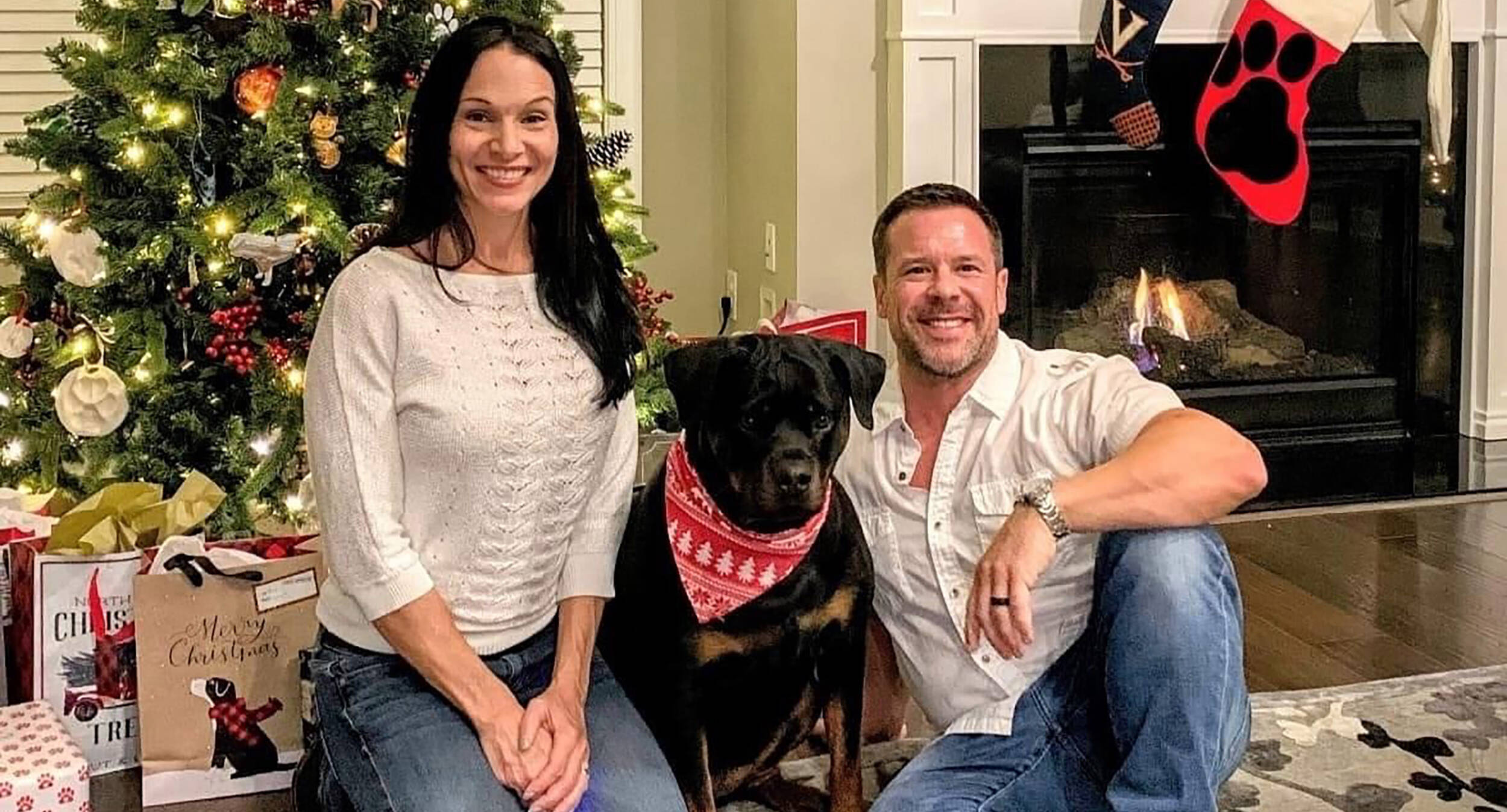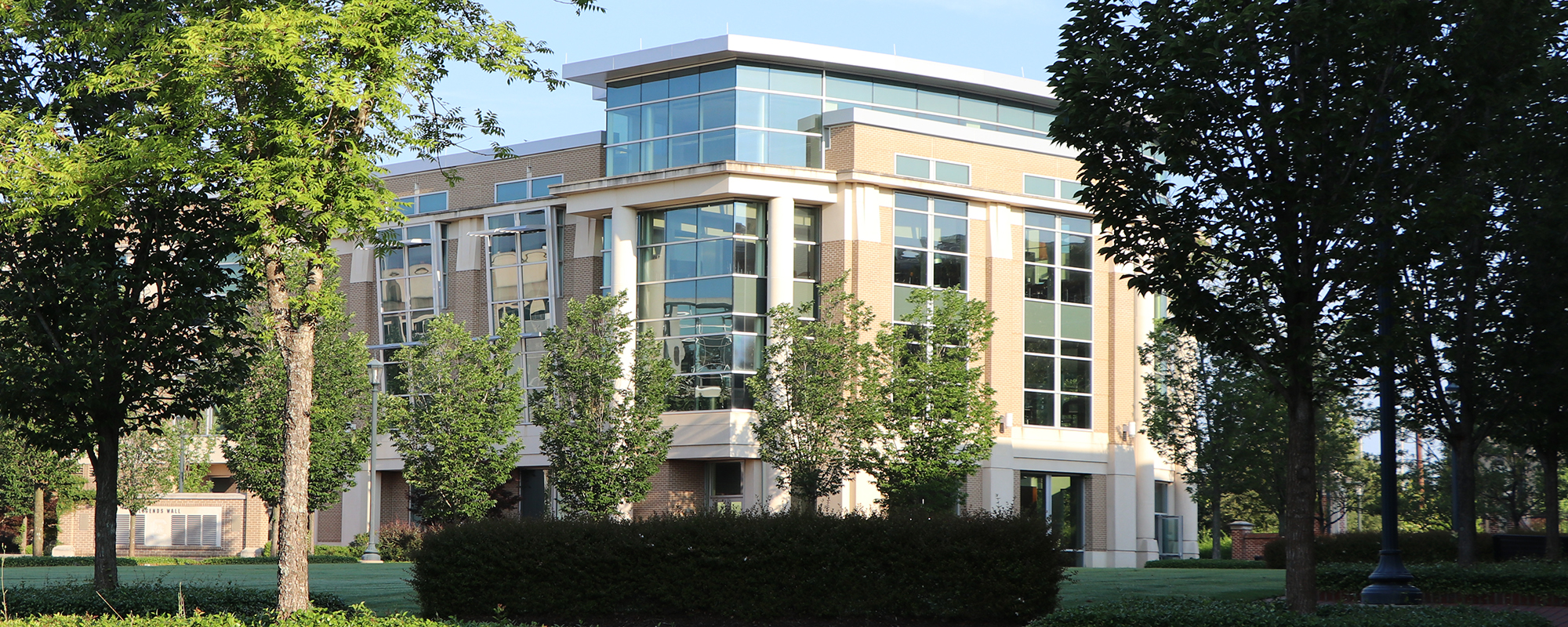Michelle Arent Helps Gamecocks Understand Nutrition and Demands of Their Sport
As the Director of Olympic Sports Nutrition, Michelle Arent works with food and with student-athletes. What could be better?
“I have the distinct pleasure of working with fantastic student-athletes and helping them navigate their experience with food as a human being and also as a student-athlete,” Arent said. “You have to understand that they are humans first, so we have to make sure that they are prepared and educated in relation to food before we layer on top of that the performance side of it.
“In general, my biggest goal and focus is for every athlete to understand how much it costs to be them from an energetic standpoint so that we can better match their intake with their needs. That improves health and performance, not just on the field, but in the classroom and with life. It’s important to understand the rules of this container that we live in, and that we’re appropriately matching our needs with the demands that we’re placing on it. It’s also important to understand that the steps to do this may look different for every person.”

“You have to understand the demands of each sport. While competition for all of those sports might look different, energetic demands of their training might not.”
As her title suggests, Arent works with a variety of South Carolina’s teams, including baseball, equestrian, cross country, beach volleyball, swimming and diving, soccer, track and field, tennis, and golf, and education is a big part of making an impact.
“The biggest challenges are having enough hours in the day,” Arent said. “Because everybody has different experiences, it becomes important to have one on one conversations with them. We can absolutely have group presentations and group discussions about bigger picture things. You have to understand the demands of each sport. While competition for all of those sports might look different, energetic demands of their training might not.
“This is where tremendous under-fueling may come in because athletes don’t understand A) how much it costs to be them on a daily basis; and B) what they’re asking their bodies to do, not only in their sport, but also in context of college life. Sometimes they don’t match their intake with their expenditure, and that’s where you can get in trouble as far as injury or illness.”
Arent earned her undergraduate (1995) and first master’s (1998) degrees from South Carolina, and after previously working at Rutgers, she returned to her alma mater and was working across campus in the Department of Health Promotion, Education, and Behavior as a research associate, after her husband, Shawn, became Chair for the Department of Exercise Science. She started working in the Athletics Department this year to continue to chase her passion.
“My passion is nutrition and physical activity,” Arent said. “A long time ago, I wanted to change my major from marine science to exercise science. At the time, my dad said, ‘You can’t do that. Nobody makes a living training people.’”
Fortunately, her well-intentioned father was wrong about that.
“I found my space working with sports nutrition with individuals and groups,” Arent said. “For a long time, I wanted to complete my R.D. (Registered Dietician) so that I’d be able to work on a deeper level with people on their nutrition in positions like this, and I did that.
“I love having the opportunity to help people grow and foster a positive relationship with food and exercise. We have a really unique opportunity in doing that here with our student-athletes.”












